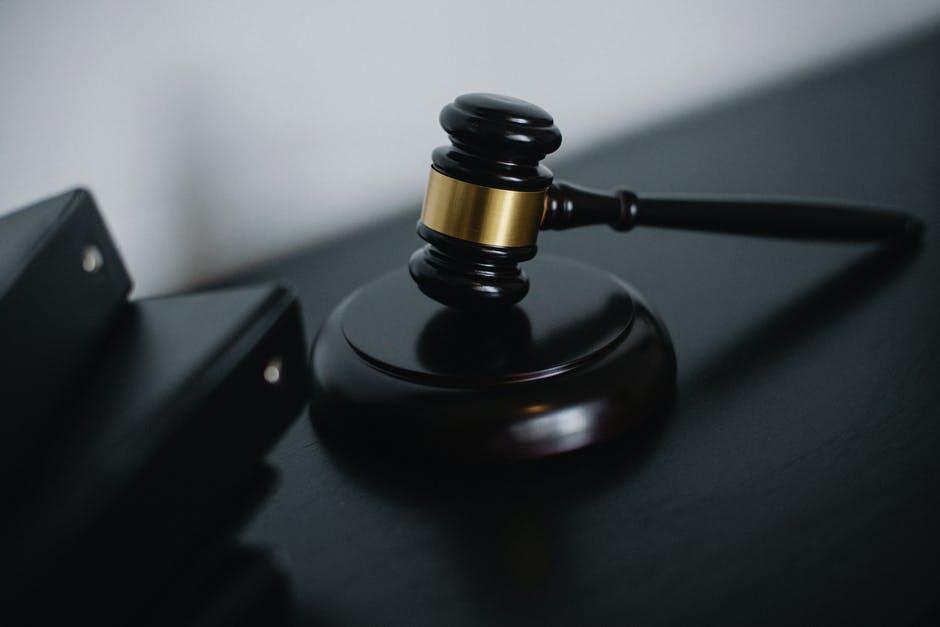Have you ever thought about what happens after a motorcycle wreck? Navigating the aftermath can be overwhelming and confusing.
This article is here to guide you through the essential legal aspects you need to know. Understanding these details can protect your rights and help secure the compensation you may deserve.
Whether you’re a rider or just someone interested in road safety, knowing the legal landscape can empower you to make informed decisions when it matters most.
Contents
Determining Fault
Determining fault in a motorcycle wreck is a key step in the legal process. Fault is assessed based on evidence collected at the scene. This may include witness statements, police reports, and any available video footage.
Law enforcement and insurance companies play important roles in determining fault. They analyze the actions of each party involved to establish who is responsible. Understanding how fault is determined can impact the outcome of your claim.
Insurance Claims
Filing an insurance claim after a motorcycle wreck is a crucial step. You must notify your insurance company as soon as possible. This ensures that your claim is processed in a timely manner.
Provide accurate information when filing the claim. Include details such as date, time, and location of the wreck. This documentation is critical for a successful claim.
Personal Injury Lawsuits
If you are injured in a motorcycle wreck, you might consider filing a personal injury lawsuit. This process allows you to seek compensation for damages like medical bills and lost wages. It is important to consult with a motorcycle injury lawyer who specializes in personal injury cases.
Your lawyer will gather evidence to build a strong case. This includes medical records, accident reports, and expert testimony. Their goal is to demonstrate the other party’s liability and the extent of your injuries.
Damages You Can Recover
In a motorcycle wreck, you may be entitled to recover several types of damages. These can include economic damages such as medical expenses and lost income. You might also recover non-economic damages like pain and suffering.
Economic damages are based on tangible costs. This includes bills from medical treatment and rehabilitation. Non-economic damages compensate for emotional distress and loss of quality of life.
Dealing With Insurance Companies
Dealing with insurance companies after a motorcycle wreck can be challenging. It is important to approach this process with care and attention. Carefully review the terms of your insurance policy to understand your coverage.
Be prepared to provide documentation that supports your claim. If the insurance company is pressuring you into accepting a low offer or is denying your claim, contact a motorcycle accident lawyer to help you negotiate and protect your rights.
Motorcycle-Specific Regulations
Motorcycle-specific regulations vary by state. Riders must be aware of the rules that apply to them. These regulations can include requirements for helmets and protective gear.
Licensing requirements for motorcycle riders can be different from those for other vehicles. Riders may need to pass specific tests to obtain a motorcycle license. It is important to know and comply with these regulations to ensure legal operation on roads.
Police Reports and Evidence
Police reports are essential in the aftermath of a motorcycle wreck. They provide an official record of the incident, documenting details like date, time, and location. This information is important for insurance claims and legal proceedings.
Evidence collected at the scene is crucial for determining fault. This includes photographs of the wreck, witness statements, and any available video footage. Such evidence helps establish responsibilities and supports your claims in court or with insurers.
Medical Considerations
After a motorcycle wreck, immediate medical attention is crucial. Seek prompt evaluation even if there are no visible injuries. Delayed symptoms can develop and may have serious implications.
Keep all medical records and reports related to the incident. These documents are vital for insurance claims or legal actions. They show the extent of injuries and the treatment received.
Property Damage
Property damage is common in motorcycle wrecks. This can include damage to the motorcycle and other vehicles involved. Assessing the extent of the damage is essential for insurance claims.
To address property damage, gather estimates for repair costs. Keep records and photographs of the damage. Submitting this evidence is necessary for successful reimbursement.
Criminal Liability
Criminal liability may arise from a motorcycle wreck if laws are violated. Common infractions include negligent driving, DUI, or reckless driving. The offending driver can face charges which are resolved in the criminal justice system.
These charges are separate from civil claims, which involve compensation. Conviction in a criminal case can impact related civil lawsuits. Legal outcomes can include fines, probation, or even imprisonment for the responsible party.
Hit-and-Run Accidents
Hit-and-run accidents occur when a driver involved in a motorcycle wreck leaves the scene without providing contact information. This action is illegal and carries serious penalties. Victims may face challenges in identifying the responsible party and recovering damages.
Law enforcement must be notified immediately in a hit-and-run accident. They will conduct an investigation to locate the fleeing driver. Providing as much information as possible can assist in the process.
Product Liability Claims
Product liability claims arise when a defect in a motorcycle or its parts contributes to an accident. This type of claim seeks to hold the manufacturer or distributor accountable. The defect could be in the motorcycle’s design, manufacturing, or inadequate warnings.
To pursue a product liability claim, you must show that the defect existed and caused the accident. You will need evidence like purchase records and expert analyses. Consulting a lawyer with expertise in product liability is crucial to navigate this complex area.
Dealing with the aftermath of a motorcycle wreck can be challenging. You need to understand your rights and responsibilities. This knowledge helps you make informed decisions. Always gather evidence and document everything after the incident.
Contact a motorcycle crash attorney for guidance when needed. Remember, each motorcycle wreck is unique. Tailor your approach according to the specifics of your case. Stay informed and proactive to protect your interests and seek the justice you deserve.
Was this article helpful to you? If so, make sure to check out our blog for more useful information and resources.




